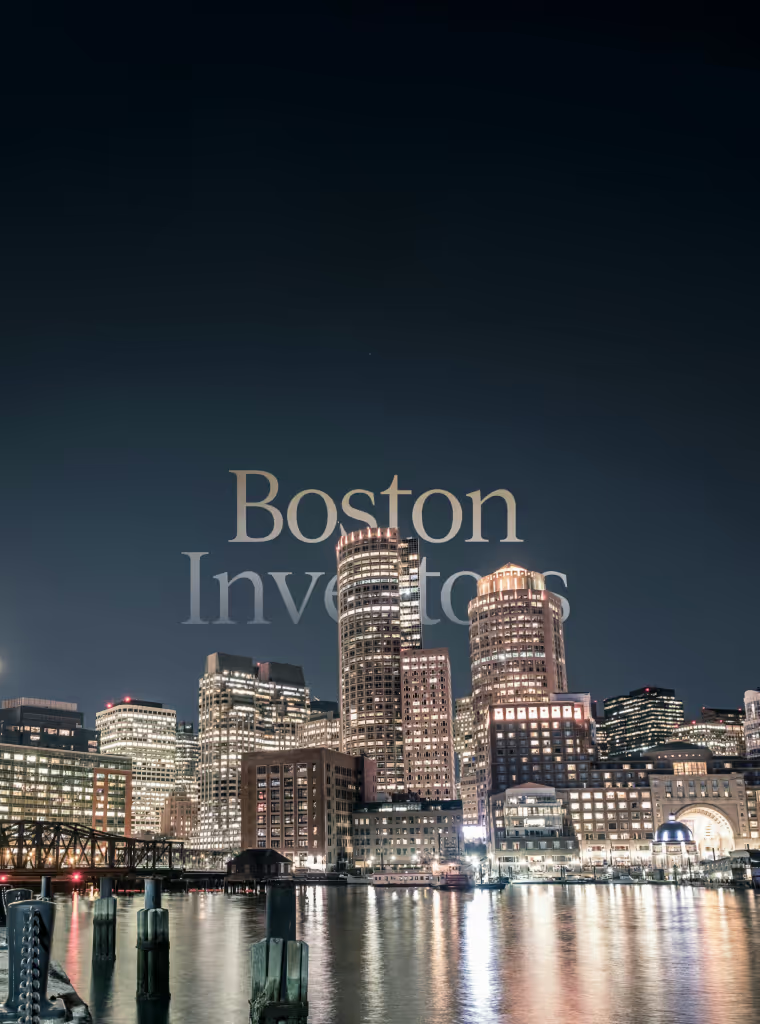Boston’s Startup Ecosystem: Where Tech Meets Biotech
Boston continues to be one of the most influential and well-rounded startup ecosystems in the United States, uniquely blending biotech dominance with a growing footprint in AI, fintech, and robotics.
Despite more cautious investment in general software over the last two years, biotech funding in Boston has remained robust. Several startups in the region have successfully gone public even amid an otherwise sluggish IPO market, highlighting investor confidence in Boston’s scientific and deep tech capabilities.
At the same time, Boston is establishing itself as a global force in artificial intelligence. Institutions like MIT’s CSAIL, Harvard, and the Massachusetts AI Hub are fueling breakthroughs across enterprise and healthcare AI applications. In 2024, the Massachusetts state government reinforced this momentum by committing $100 million to expand AI research and commercialization, forging even deeper connections between academia and startups.
Robotics, Fintech, and Cleantech Gain Ground
Beyond biotech and AI, Boston has carved out key strengths in robotics, fintech, and cleantech. Startups like Boston Dynamics and Pickle Robot are world leaders in robotics innovation, while fintech players such as Fidelity and Stripe’s East Coast operations drive the city’s digital finance ecosystem. Cleantech has also found a strong foothold through incubators like Greentown Labs in Somerville, which has grown into one of the leading climate-tech accelerators in the U.S.


Venture Capital Investment in Boston: Trends and Leading Investors
Boston ranks consistently among the top three cities for venture capital activity in the United States, and 2024 was no exception. The state of Massachusetts logged over 850 venture deals, maintaining its position as one of the country’s most active regions for startup financing. While the number of deals slightly declined, the total capital deployed increased—an indicator that investors are doubling down on the city’s most promising companies.
Early-Stage to Growth Pipeline Remains Strong
Boston’s early-stage pipeline benefits from accelerators like Techstars Boston, MassChallenge, and various university-run incubators. These programs consistently produce high-quality companies that advance to growth rounds.
Firms such as General Catalyst, Spark Capital, and Bessemer Venture Partners anchor later-stage investments in the region. At the same time, West Coast investors are increasingly allocating capital to Boston-based startups, particularly in AI and deep tech.
Corporate and Government Capital Play a Key Role
Corporate venture capital has become a significant source of funding in the region. Companies such as EMC, Akamai, and Liberty Mutual are actively investing in cybersecurity, enterprise AI, and cloud infrastructure startups.
Additionally, Boston’s deep tech startups often benefit from non-dilutive funding: NIH grants for medtech, Department of Defense contracts for robotics, and federal climate innovation initiatives all contribute to a diverse and sustainable capital stack for emerging companies.
Boston’s Next Frontier: TechBio and AI Convergence
One of the most transformative trends in Boston’s ecosystem is the blending of biotech, software & artificial intelligence. This "techbio" movement is reshaping the way researchers, clinicians, and engineers approach drug discovery, genomics, and diagnostics. Startups like Insitro are expanding in the region, combining machine learning with biomedical science to reduce time and cost in therapeutic development.
Retaining Talent and Building Global Companies
Talent retention is also evolving. While Boston once saw many of its most promising founders and engineers leave for Silicon Valley or New York, that dynamic is shifting. The rise of remote work, lower cost of living compared to the Bay Area, and strong ties to MIT, Harvard, and BU have created a new wave of founder retention—and in some cases, even boomerang talent returning to Boston.
Why Investors Are Staying Focused on Boston
Boston offers a rare combination of:
Top-tier academic institutions feeding innovation
A steady stream of deep tech and medtech startups
A maturing venture capital community with both local and national players
Strong support from government and corporate investors
This mix of institutional strength and private capital creates a resilient, high-potential environment for investors, especially those focused on long-term value creation.



